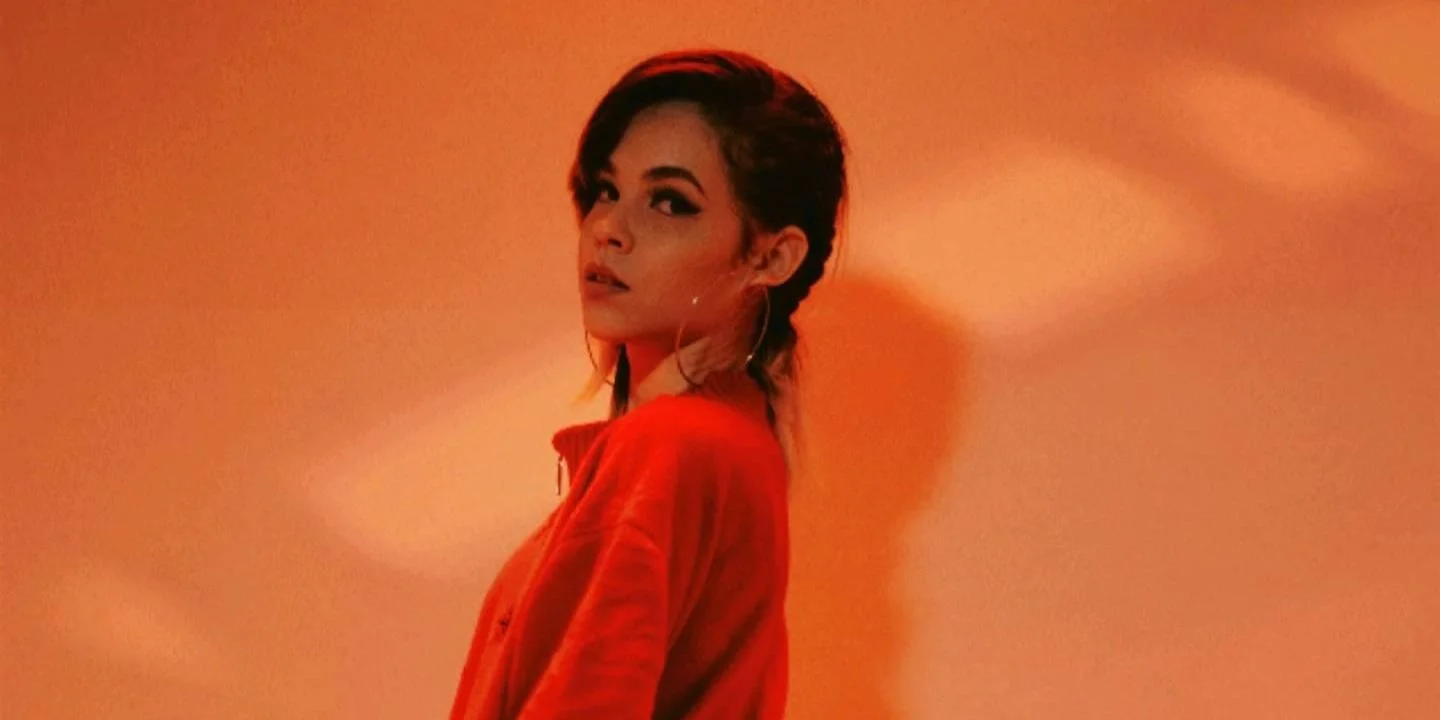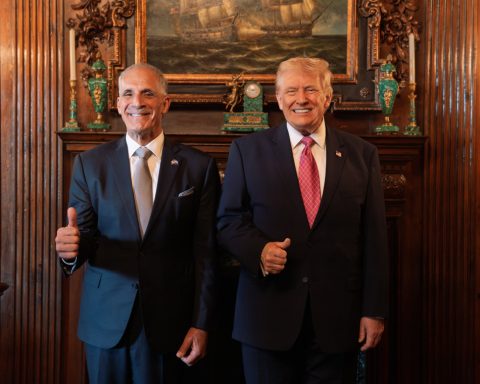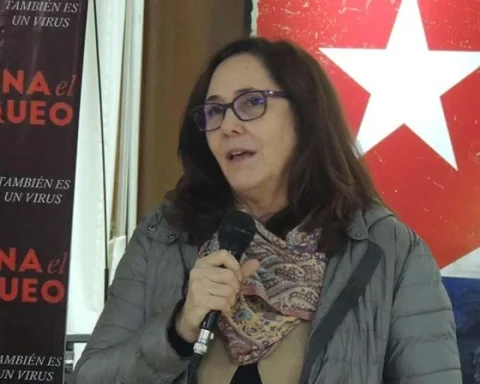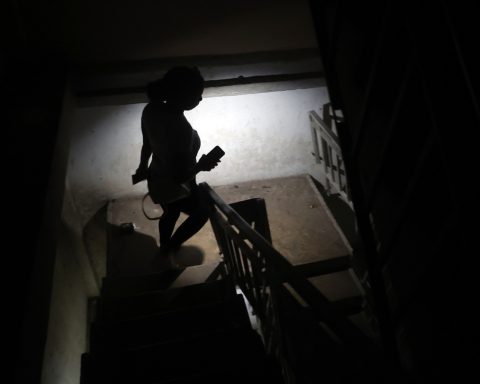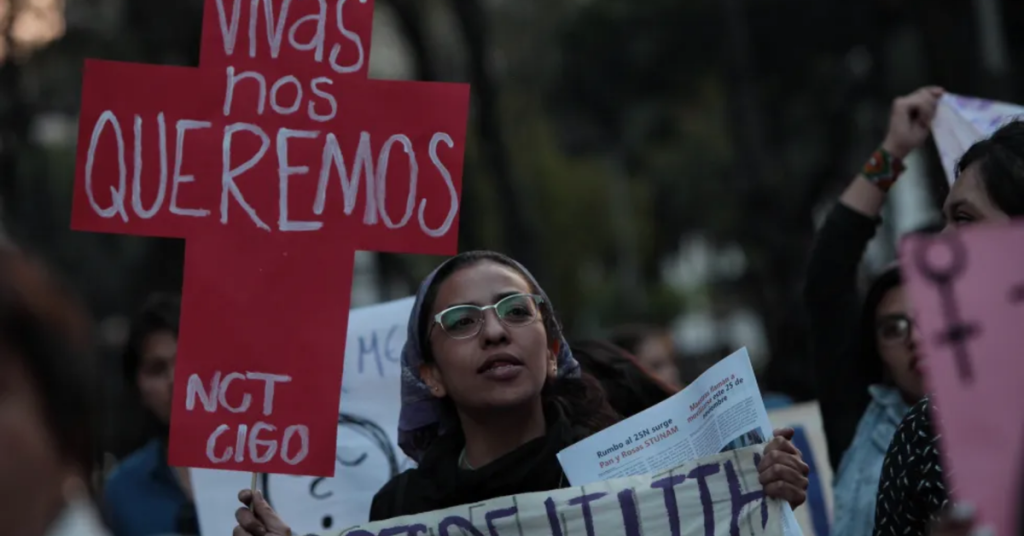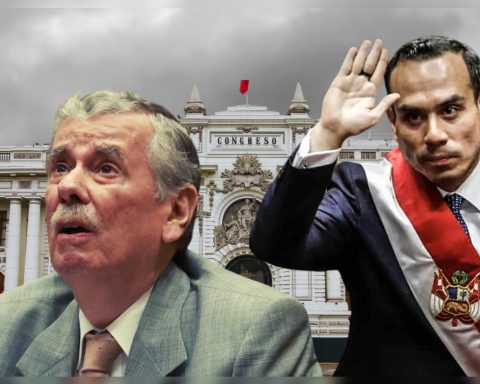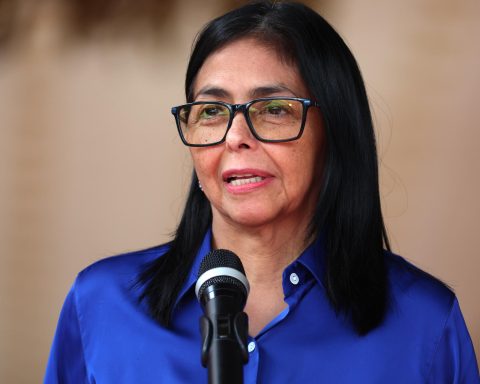HAVANA, Cuba. – Gretchen Guerra González, known as Gretcheen Grayis one of the young Cuban women who has had to leave the country to make her aspirations come true in the professional field, outside the standards, ease and sense of commercialization of the industry and the concepts prevailing on the Island.
At 26 years old, she is a professional dancer graduated from the “Alicia Alonso” National Ballet School and the Spanish Ballet School of Cuba, but music has been her choice over dancing. Gretcheen covers genres in her songs such as pop, dark pop, a little bit of fused pop and R&B.
Although she thanks those who supported her from the beginning of her career, the singer recognizes that the music industry was one of the reasons why she decided to emigrate to Italy in October of last year. In the European country he has continued with his career despite the complexity of being an emigrant.
―What was the most complicated thing in your beginnings in Cuba?
―When I started, the cast was heard, like today, and I think I was very disappointed at the beginning with respect to my musical style, because mostly those who approached me interested in my voice, in my talent, always told me that I had to make songs more danceable, reggaetonbecause that was what was used.
Even being able to sign with a record label was complex. They treated me, but I couldn’t make pop. Even my physique had to change and put it like the women of the moment, big bodiesattract attention… There were people who promised and did not deliver.
―Do you think that young singers have opportunities to make their music visible from the Island?
―It is difficult to make music visible from Cuba: there are many restrictions, we cannot go beyond the national level, even social networks cannot expand due to the limitations. When I arrived in Italy I realized that Cuba is a bubble, where artists imagine things that are not.
At the moment of truth, one realizes that he was only covering the Cuban public. It is quite difficult, and even more so for those who defend other musical styles like mine, to find more visibility. In Cuba commercial products are supported; People are used to this loop of doing the easiest thing and giving voice to what is playing.
―How would you describe the Cuban music industry today?
―One of the reasons why I left Cuba is exactly because of the music industry. As my career progressed thanks to the people who supported me, I was able to find myself and defend my music, and I had the opportunity to, with effort, together with the team, represent the genre that I liked.
When my work began to be known in Cuba, I noticed that I needed to go further, get out of my bubble, because I saw artists, with the respect they deserve, whose music was not advancing. There are very good artists without opportunity. The music industry in Cuba is quite stagnant, declining; obscene lyrics that resonate with young people. The artists who represent us are leading very bad examples.
―Besides the stagnation of the industry, what else prompted you to try your luck in another country?
―I was very motivated to leave Cuba by getting to know new borders, cultures, experiencing sensations… that intrigue of ‘I need to leave because I need to change.’ I felt stagnant and needed to expand. I knew that I had already achieved my dreams as a child in the country, and I had to find myself in other circumstances, emotions and new goals to grow musically.
I had the risk of whether it would work or not, because when you emigrate you start from scratch. It is very difficult in terms of the language as well, but the challenge motivated me to look for many opportunities.
―What did it mean to start over in a new country?
―It’s still difficult because people don’t know me, and in Cuba I had created an audience, a career. I feel small in such a big country where there is a lot of talent. It has been difficult because of the language; I don’t know anyone. Furthermore, the television and radio headquarters, where one can go, are in a city quite far from where I live.
Despite that, I arrived and started writing, contacting, promoting, and I have been lucky enough to be put on the radio, interviewed. They liked my music, and in this new beginning I have been lucky. I think there is still a lot to do, investigate and learn.
―Is it worth emigrating even knowing that you run the risk of not doing what you like outside of Cuba?
―Sometimes I think I made a mistake by emigrating; One gets that insecurity about whether or not you will be lucky; There are those who disassociate themselves from what they like by having to start from scratch, but it is worth it. When you are focused on your dreams you can achieve them, because there are many opportunities here; It’s just not justifying yourself and doing it.
Here you gain knowledge and can make your music known, continue your career. The artist is nourished. One of my goals is also to do concerts in Cuba, not leave my country. Yes, it is worth it, depending on each person’s objectives.
―How would you describe the Cuba you want to find if you returned?
―I would like to find a free Cuba, one in which, when I walk through the streets, I see happy people; that there were not so many problems and needs, that young people could fight for their dreams and fulfill them in Cuba.
One in which there is no need to emigrate to another country and face risks to which many are exposed. I would like a totally different Cuba; that people would have hope and that there would not be so much disappointment.
―What musical projects are occupying your time right now?
―I have many projects, video clips, themes that are being worked on. I think that what I am doing is an emotional ladder: each topic is a stage that I am going through in my life, whether it is joy, sadness, pressure, rebellion, empowerment. I have in mind, when I finish the songs, to make an EP, to be able to go to Spain and do concerts, because I have reached a large audience there.
―And about the pending dreams…
―That my family is with me here is my priority, being able to reach the Grammyto the Billboard, for my music to reach a very high level, to achieve collaborations with the greats of the music empire…
I would like to create my record label to support young talents, the music that they didn’t support when I started.
